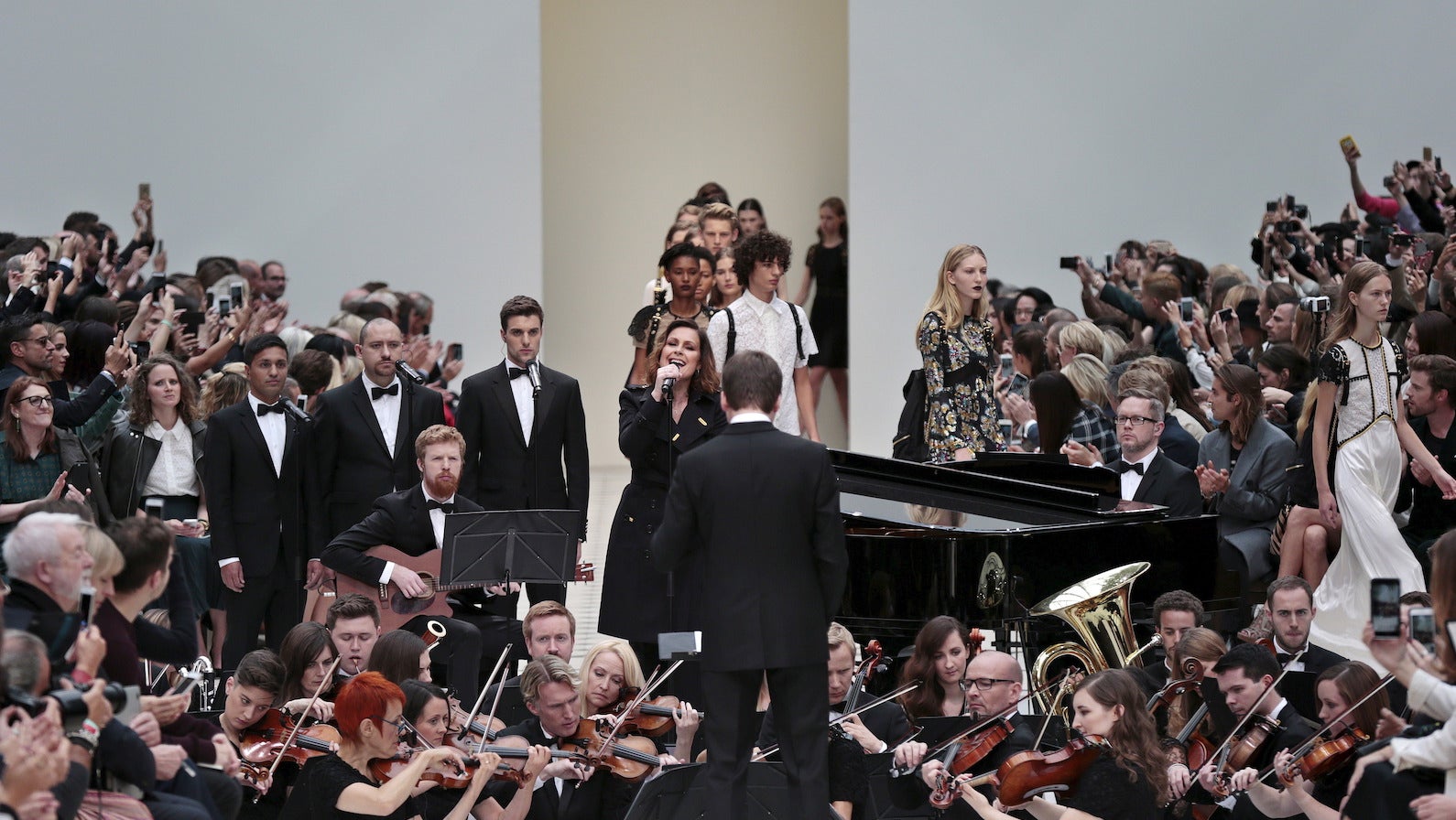Like everything else, classical music is getting faster
People are not playing Bach like they used to.


People are not playing Bach like they used to.
Universal Music Group found that recordings of the work of Johann Sebastian Bach—the German Baroque composer who died in 1750—are being performed 30% faster than they were 50 years ago. The company’s sample size was small, though; it looked at three recordings of the Double Violin Concerto on two of the company’s classical-music labels. One from 1961 lasted 17 minutes; a recording from 1978 was just over 15 minutes; and the latest from 2016 lasted just 12 minutes.
If this is indeed a trend, it mirrors what’s happening in popular music, where the biggest hits are also getting shorter and faster. Intros to pop hits averaged more than 20 seconds in the 1980s. They are now about five seconds long and song titles are shorter than they used to be—often just a single word, according to one study in Musicae Scientiae, the journal of the European Society for the Cognitive Sciences of Music.
Earlier this month, Quartz suggested the reason pop songs are getting shorter has to do with the rise of streaming.
“Pop music follows the evolution of society in general: Everything moves faster,” said pop hitmaker Max Martin, the man behind 21 songs that have topped the Billboard charts, in 2016.
Who knew the same was true for classical music?